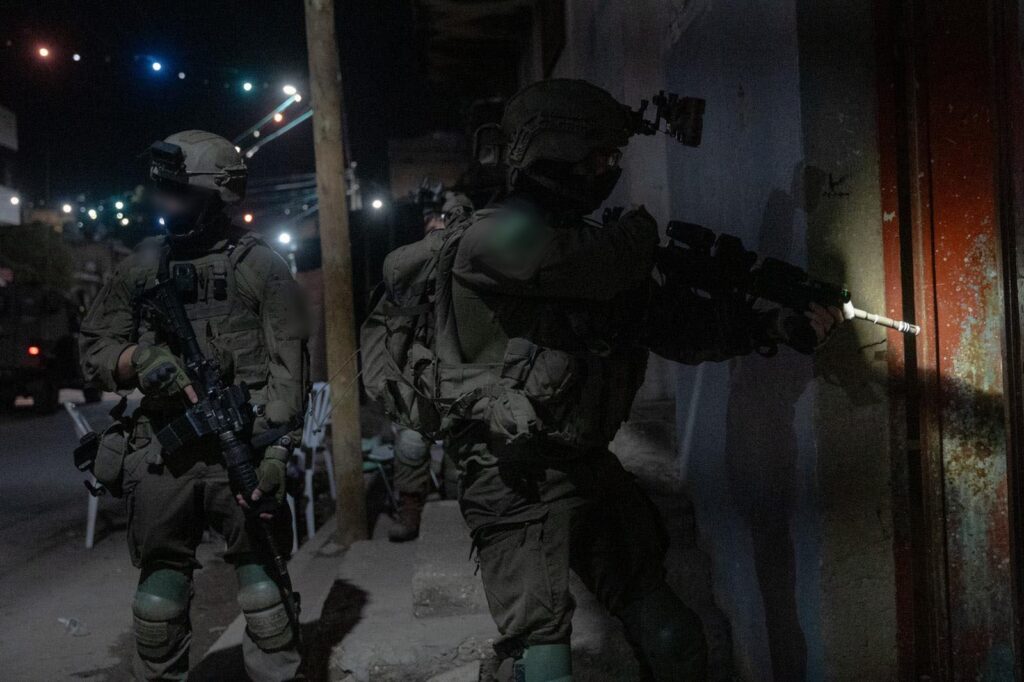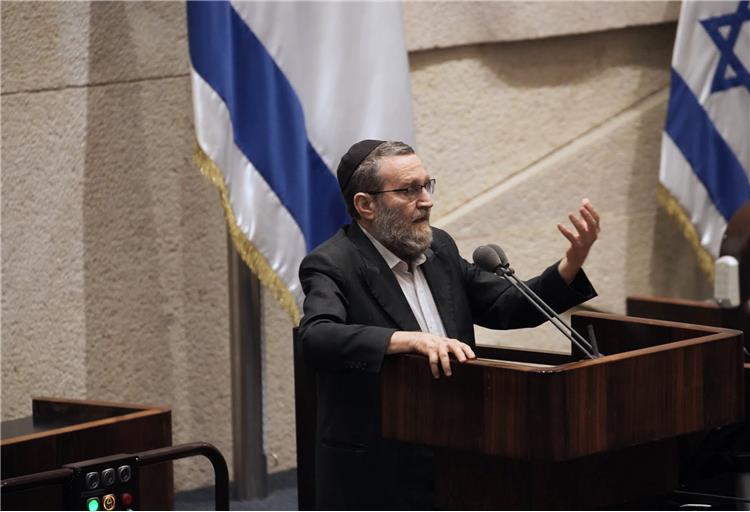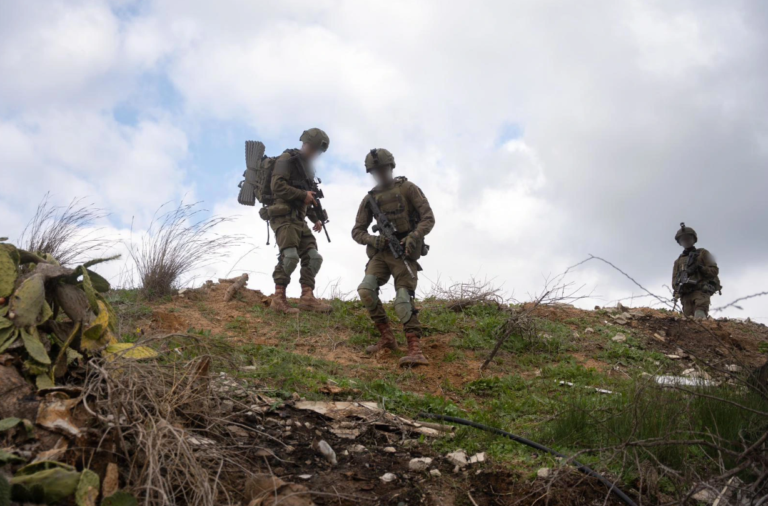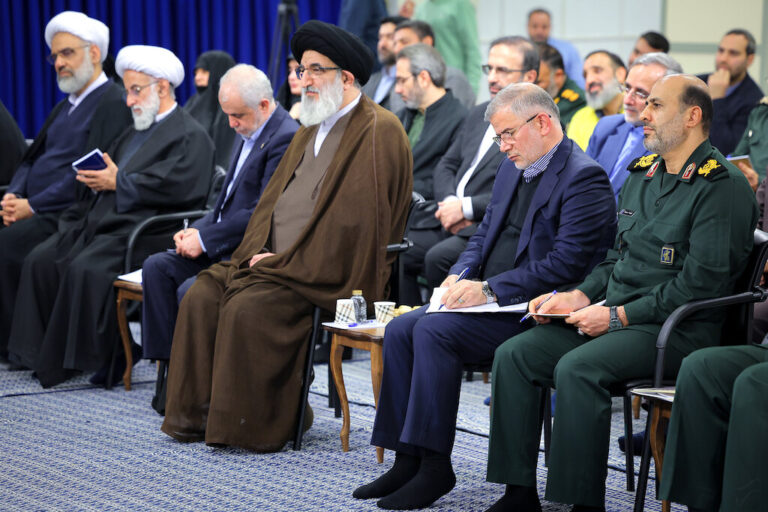The rising cost of living hasn’t spared terrorists in Judea and Samaria either. An automatic rifle, which cost around 20,000 shekels ($5,500) until 2022, now fetches roughly 70,000 shekels ($19,000)—a three-and-a-half-fold increase. Consequently, even the price of carrying out a terror attack—usually involving one or two rifles and a “Mashtuba” (an Israeli car meant for scrapping but instead driven illegally in Judea and Samaria)—has become prohibitively expensive.
This sharp price increase stems from a series of continuous operations initiated under Israel’s previous government after a wave of terror attacks, culminating in the current “Iron Wall” operation targeting refugee camps in Judea and Samaria. While terror smuggling from Jordan and criminal smuggling by Israeli crime families persist, the available supply of means to commit a terror attack has significantly diminished.
Major General Avi Bluth, the newly appointed commander of the IDF’s Central Command, feels slightly offended when asked to launch a “Defensive Shield 2,” referencing the military’s massive 2002 operation in Judea and Samaria. In his discussions with settlement leaders, he explains that such an operation today would actually constitute less military effort than the current activities, not more. Current operations involve more targeted eliminations, intensified Air Force strikes, and, notably for the first time, systematic actions aimed at dismantling refugee camps used as terrorist strongholds.
Satellite images vividly tell this story. The Jenin refugee camp no longer resembles a crowded maze of homes stacked upon each other. The IDF has created broad, clear paths to allow tanks rapid access, significantly improving mobility and response time throughout the camp.
In an important ruling, Israel’s Supreme Court recently rejected an appeal by the governor of Jenin to halt these demolitions. The panel of three justices, including liberal judge Ruth Ronnen, emphasized a crucial principle: Freedom of movement equals operational freedom equals security. The court stated clearly: “The construction of new roads and expansion of existing ones are necessary to ensure security forces can move swiftly and safely, eliminating the need for soldiers to dismount and travel long, dangerous distances on foot.”
Justice Noam Sohlberg went even further, admonishing the military—but in a manner unprecedented in Israel’s judicial history: “Since no temporary injunction was issued, the IDF should not have delayed operations awaiting our decision. Given a clear and immediate military necessity, action could and should have been taken immediately. Judicial review conducted while battles are ongoing could, G-d forbid, endanger soldiers’ lives.”
It’s a remarkable scene: Israel’s Supreme Court essentially urging military forces to advance promptly with armored bulldozers.
Hence, Bluth’s emphasis to settlement leaders that a new “Defensive Shield” operation would mean scaling back current measures—not intensifying them.
The above is an excerpt from my Shabbat column in Yedioth Ahronoth.









